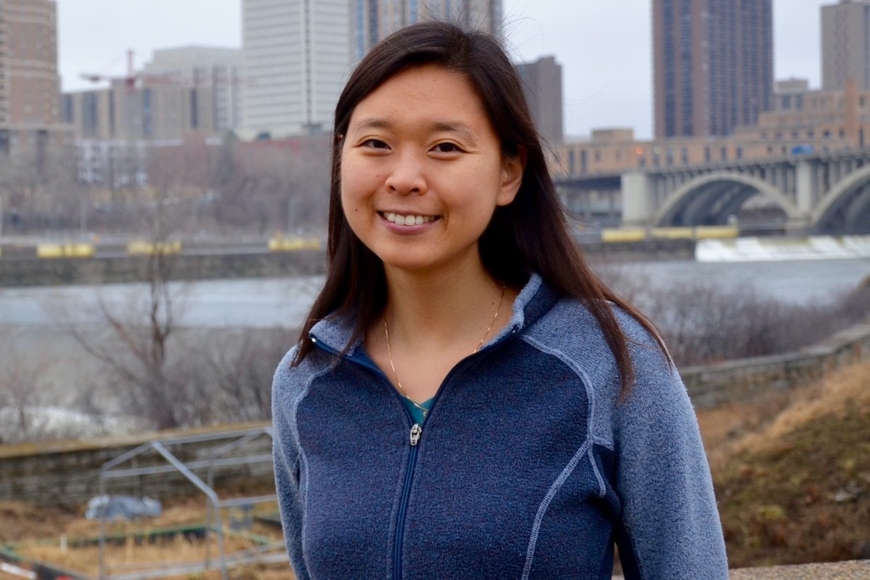Coffee Hour with Crystal Ng
Event Date & Time
|
-
Event Location
445 Blegen Hall
269 19th Ave S
Minneapolis,
MN
55455
Enjoy a free catered lunch, a presentation by Crystal Ng with the Department of Earth and Environmental Sciences at the University of Minnesota-Twin Cities, and conversation with students, staff, and faculty from the GES Department. Lunch will be available starting at 12:30 p.m. and Dr. Ng will present from 1-2 p.m. Those joining us for lunch are encouraged to pre-register. Please RSVP using the event registration link above by the end of the day on Monday, September 16th.
